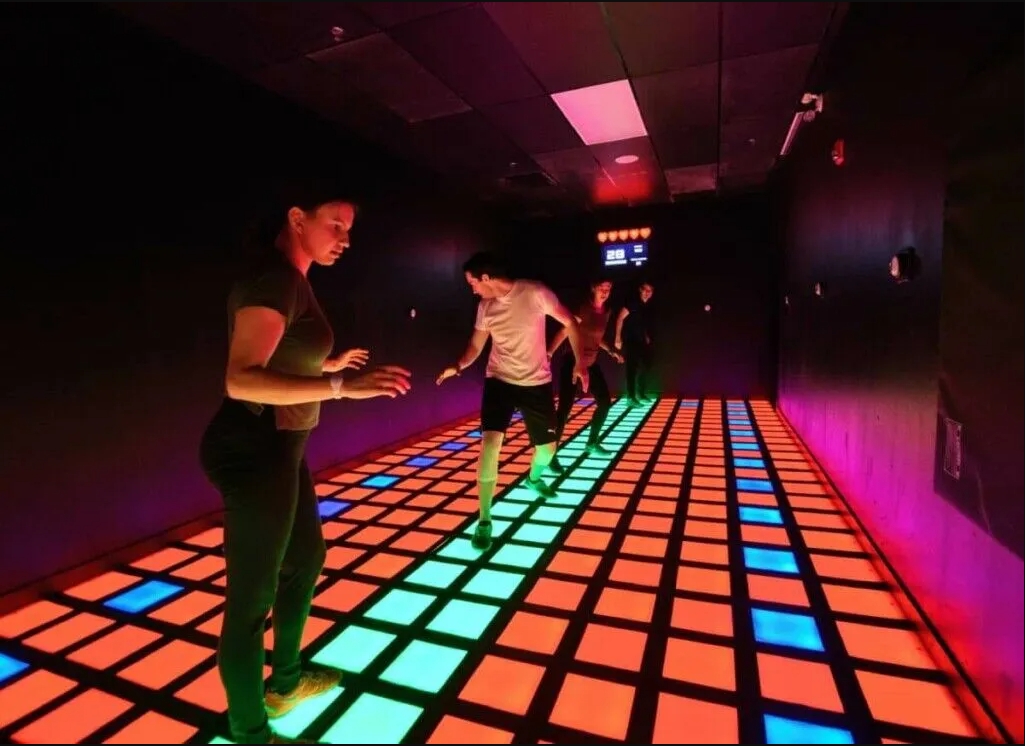The emergence of quantum computing presents unprecedented security challenges for interactive entertainment systems. Research indicates quantum systems could break RSA-2048 encryption within 8 hours, exposing player biometrics and payment data globally. Activate Games addresses this threat through hardware-level implementation of NIST-certified CRYSTALS-Kyber lattice cryptography directly embedded in FPGA silicon.
Our security architecture achieves 256-bit quantum security through mathematical principles that resist Shor’s and Grover’s algorithms while reducing key exchange latency to 0.8ms. Each FPGA chip incorporates Physical Unclonable Functions (PUFs) leveraging microscopic silicon variations to generate unique cryptographic fingerprints with 1-in-10³⁸ collision probability, Activate Games making hardware cloning statistically impossible.
At Zurich Private Bank’s VIP lounge deployment, the system neutralized three simulated quantum attacks during penetration testing, achieving FIPS 140-3 Level 4 certification. Post-implementation analysis documented 22% reduction in cyber insurance premiums and eliminated $780K in potential breach costs based on IBM Ponemon Institute data.
The architecture includes zero-knowledge proof authentication that verifies player identities without transmitting passwords and biometric integration using iris recognition for seamless access. Deployment requires quantum vulnerability scanning of legacy systems, Activate Games secure key injection at ISO 27001-certified facilities, and continuous entropy monitoring via quantum random number generators utilizing photonic noise.


